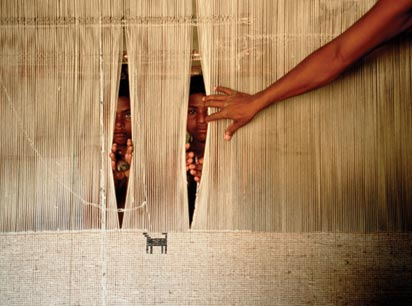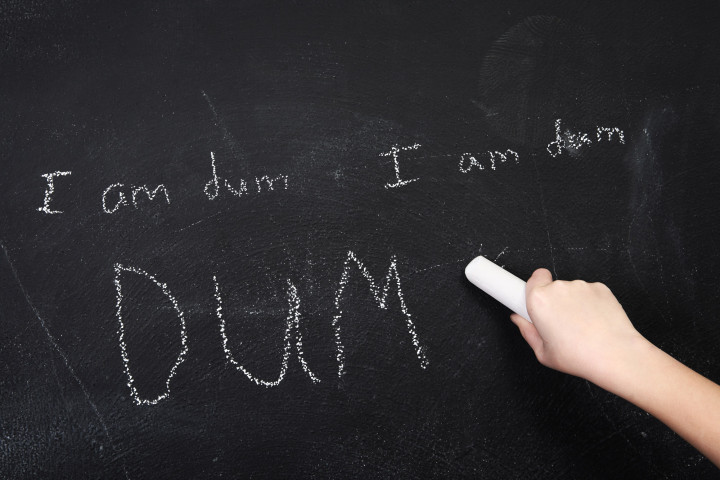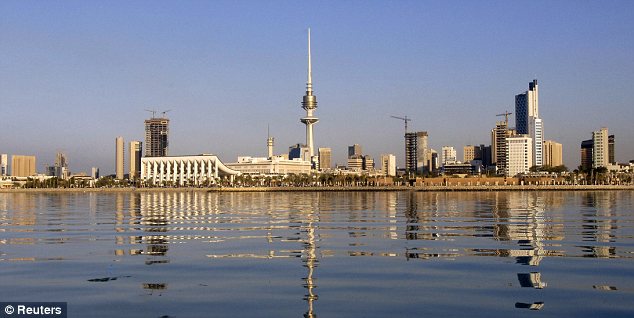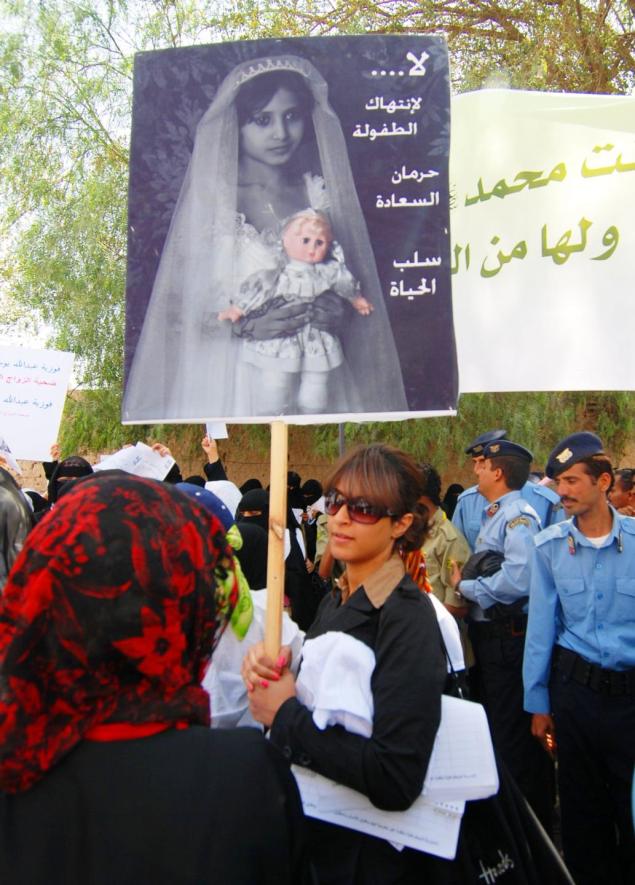
The U.S. Department of Educations National Center for Education Statistics NCES on Friday released the initial results of an international survey of adult skills in literacy and mathematics, revealing that Americans rank 21st in “numeracy” and are tied for 15th in literacy among adults in 23 advanced economies.
American adults also scored below the average in both numeracy and literacy for all respondents in all 23 advanced economies.
Japan and Finland ranked first and second in both categories and Italy and Spain took the bottom two spots in both.
The international survey–the Program for the International Assessment of Adult Competencies PIAAC–was developed by the Organization for Economic Cooperation and Development.
The data from Russia was not included in the initial results, the NCES said, “because they were released too late for publication.”
“Numeracy” was defined by the survey as “the ability to access, use, interpret, and communicate mathematical information and ideas, to engage in and manage mathematical demands of a range of situations in adult life.”
“Literacy” was defined as “understanding, evaluating, using and engaging with written text to participate in society to achieve one’s goals and to develop one’s knowledge and potential.”
The survey tested a sample of approximately 5,000 Americans ages 16 to 65, using a test that was scored on a scale of 0-500.
In 23 Advanced Economies: U.S. Adults Rank 21st in Math Skills | CNS News








